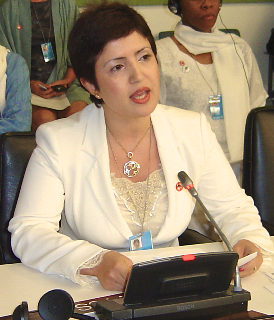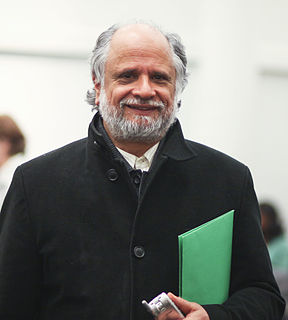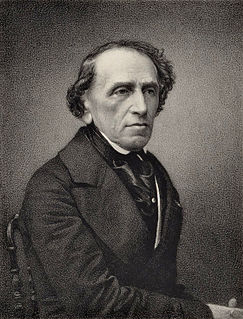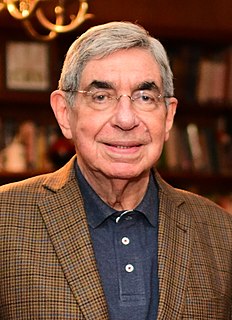A Quote by Kofi Annan
It may seem sometimes as if a culture of peace does not stand a chance against the culture of war, the culture of violence and the cultures of impunity and intolerance. Peace may indeed be a complex challenge, dependent on action in many fields and even a bit of luck from time to time. It may be a painfully slow process, and fragile and imperfect when it is achieved. But peace is in our hands. We can do it.
Related Quotes
The theoretical recognition of the split-space of enunciation may open the way to conceptualising an international culture, based not on the exoticism of multiculturalism or the diversity of cultures, but on the inscription and articulation of culture's hybridity. It is the inbetween space that carries the burden of the meaning of culture, and by exploring this Third Space, we may elude the politics of polarity and emerge as the others of our selves.
It is in vain, sir, to extenuate the matter. Gentlemen may cry, “Peace! Peace!” — but there is no peace. The war is actually begun! The next gale that sweeps from the north will bring to our ears the clash of resounding arms! Our brethren are already in the field! Why stand we here idle? What is it that gentlemen wish? What would they have? Is life so dear, or peace so sweet, as to be purchased at the price of chains and slavery? Forbid it, Almighty God! I know not what course others may take; but as for me, give me liberty, or give me death!
It is clear that global challenges must be met with an emphasis on peace, in harmony with others, with strong alliances and international consensus.
Imperfect as it may be, there is no doubt that this can best be done through the United Nations, not merely to preserve peace but also to make change, even radical change, without violence.
The best way to perpetuate poverty is spending on arms, and poverty itself is a form of violence. The wealthy industrialized countries have been too slow to recognize this. I hope that in this new century and new millennium, the world will learn that if you want peace, you must prepare for peace, plan for peace, work for it, and comply with its dictates. Lasting peace will never be achieved with the instruments of war.
My attitude to peace is rather based on the Burmese definition of peace - it really means removing all the negative factors that destroy peace in this world. So peace does not mean just putting an end to violence or to war, but to all other factors that threaten peace, such as discrimination, such as inequality, poverty.











































